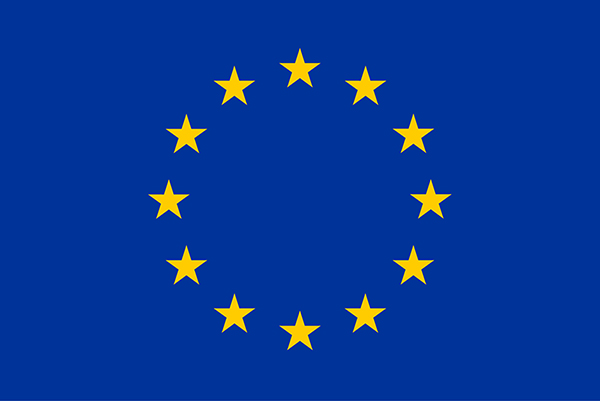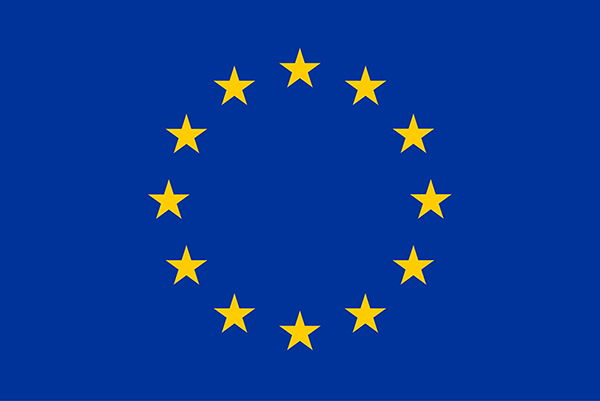Legislation
08 November 2025
Omnibus Regulation aligning product legislation with the digital age
Legislation
08 November 2025
Retail
Login / create an account to be able to react
-
48

The European Commission proposes an omnibus regulation to modernise EU product legislation by introducing digital-by-default requirements, simplifying reporting obligations, and establishing common specifications as an alternative to harmonised standards. The initiative seeks to reduce administrative burdens, promote interoperability, and ensure coherence across product laws within the Single Market.
Editorial team
Topics
EU-27
EU Institutions
-
Ecosystem
-
-
Retail
-
Share
The Omnibus Regulation, proposed by the European Commission, aims to amend several sectoral regulations (including those on cableway installations, personal protective equipment, gas appliances, machinery, batteries, and sustainable products) to align EU product legislation with digital transformation objectives.
Anchored in the Commission’s commitment to reduce reporting and administrative burdens by 25%, the proposal promotes a “digital by default” approach. It replaces paper-based documentation with electronic equivalents, allowing manufacturers to provide EU declarations of conformity and product instructions in digital form. Safety information essential for consumers remains available in paper format, with the option to request printed copies upon purchase.
The regulation also introduces the concept of a “digital contact” for economic operators to facilitate communication with authorities and end-users. In line with the European Business Wallets and Digital Product Passport initiatives, it supports interoperable data exchange and a move toward a document-free Single Market.
Additionally, the proposal establishes a uniform framework for common specifications—technical requirements that serve as a fall-back option when harmonised standards are unavailable or insufficient. This ensures consistency and legal certainty for businesses while maintaining high safety and compliance standards.
By harmonising digital obligations and streamlining conformity assessment processes, the Omnibus Regulation strengthens efficiency, reduces redundant requirements, and supports a future-proof regulatory environment for EU products.
Comments (0)
See also
The Digital Markets Act
- Categories
Commission welcomes political agreement to simplify and strengthen EU innovation and investment
- Categories
Unfair trading practices in the food supply chain
- Categories




